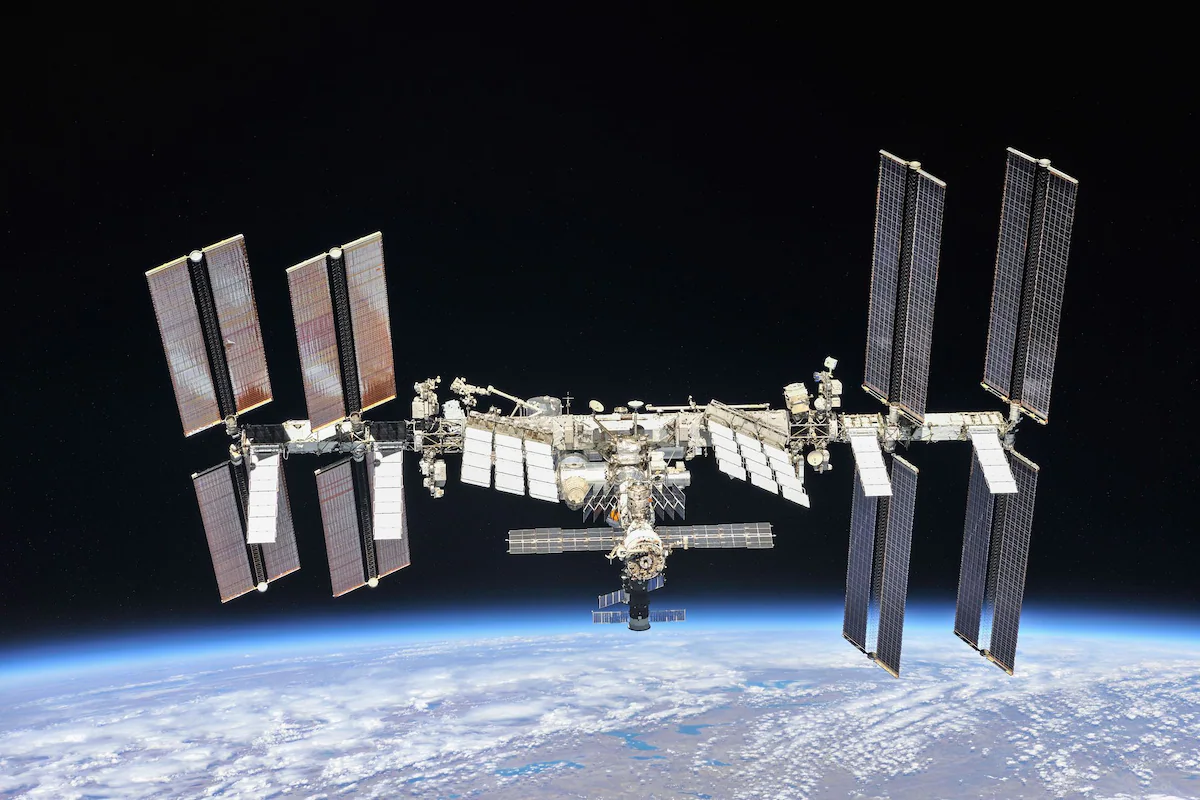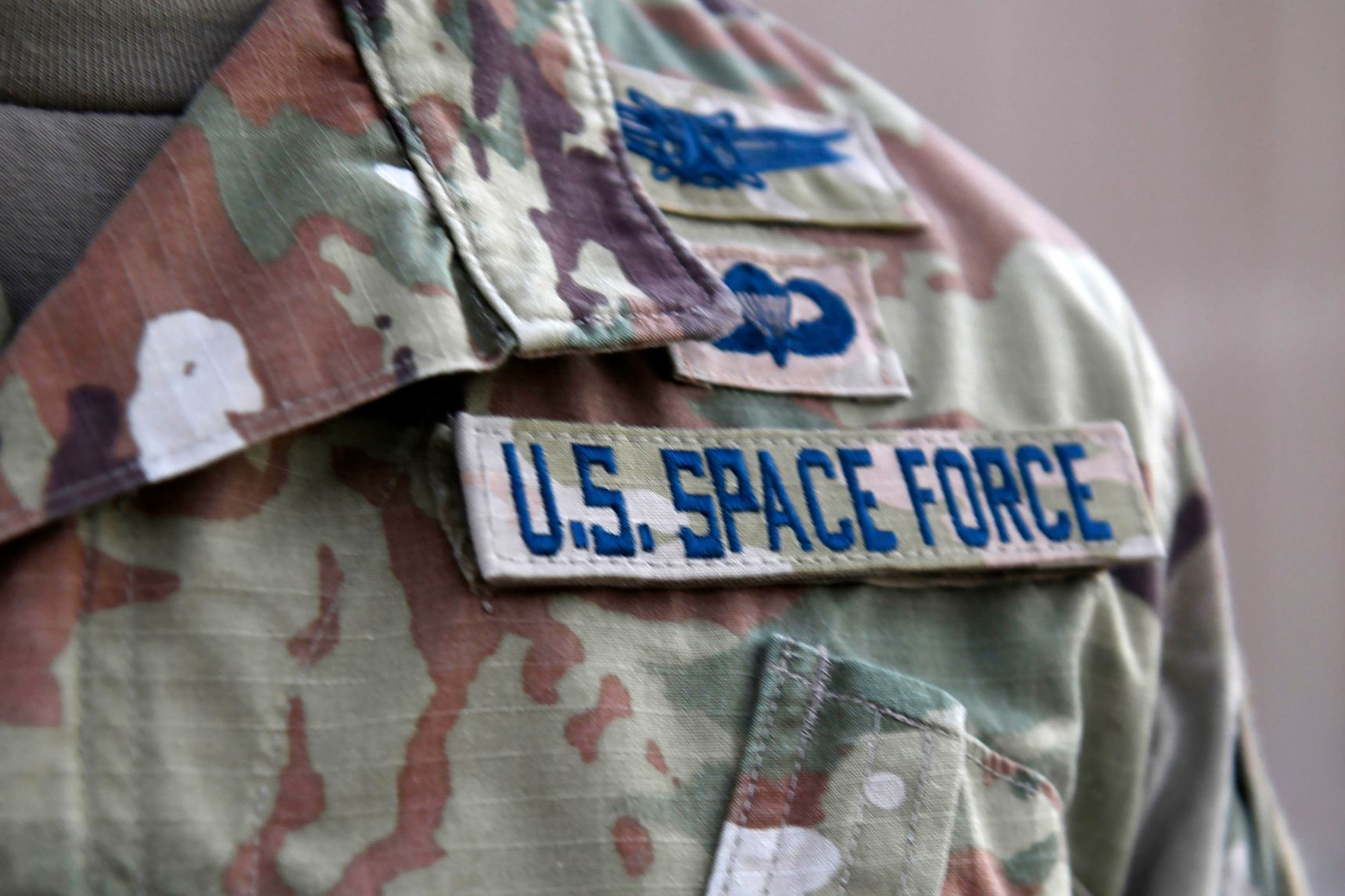When Americans think of space, they might imagine the indelible images from the first moon landing, iconic TV shows such as “Star Trek,” commercial companies launching civilians into low-Earth orbit or the successful landing of the NASA rover Perseverance on Mars. In both historical and fictional accounts, it seems to be an orderly place with generally observed rules.
That is hardly the case. Despite nearly seven decades of human exploration and activity in space, rules governing conduct remain a work in progress. Space is a burgeoning economic engine and an essential part of global civil, commercial and military operations, but the current space environment looks something like the early eras of driving or flying, with rapid growth in the number of cars, planes and operators, yet only the most basic traffic laws. Space has its own considerations that increase complexity — including growing congestion and debris, laws of physics that define motion very differently than on Earth, and a lack of international borders.
To address this complicated domain, there exists a legal framework in the 1967 Outer Space Treaty and in four other core space treaties adopted over the following 12 years, along with a number of voluntary international measures supported by the United States, such as the United Nations’ Debris Mitigation Guidelines and Guidelines for the Long-Term Sustainability of Outer Space Activities. Additionally, in July, the Defense Department publicly shared long-standing operational practices in space, intended to assist in the ongoing development of voluntary guidelines and reduce the risk of misunderstanding and miscalculation. Defense Secretary Lloyd Austin outlined five “tenets of responsible behavior in space”: operating in, from, to and through space in a professional manner; limiting the generation of long-lived debris; avoiding the creation of harmful interference; maintaining safe separation and trajectory; and communicating and making notifications to enhance the safety and stability of the domain. The U.S. Space Command is leading the department’s work on these tenets, as we are using the concepts as a basis of our conversations with spacefaring nations around the world.
Yet, while we work with our allies and partners to establish norms and standards of behavior, irresponsible actions continue to make space a more dangerous place to operate. In 2007, China tested an anti-satellite missile by blowing up one of its own satellites, creating thousands of pieces of debris that the United States tracks to this day, alerting satellite operators and astronauts from around the world to the hazardous junk. Last year, Russia launched a satellite that “birthed” a smaller satellite right next to one of our own, which ultimately moved away and launched a projectile into outer space. And just two weeks ago, Russia tested its own anti-satellite missile by blowing up one of its defunct satellites and creating yet another debris field in low-Earth orbit, putting the International Space Station and its inhabitants at risk. These actions are dangerous and irresponsible, and cannot be ignored.
Today, there are close to 5,000 active satellites orbiting Earth, and that number is forecast to grow dramatically in the next two years. By many projections, in 2040 the annual value of the space economy could surpass $1 trillion, with trillions more in global economic activity dependent on space. This enormous growth of and dependence on space technologies make irresponsible actions even more worrisome.
For example, NATO has established a Space Operations Center in Germany that will assist with ongoing efforts among allies to share information and coordinate activities. Britain, France, Germany, Japan, Australia and others have established space commands or realigned forces to elevate space in day-to-day military operations. The U.S. Space Force trains and staffs every level of the military space enterprise, ensuring that our people operate professionally whether they’re launching rockets or maneuvering satellites.
In the months and years ahead, we will look to collaborate with like-minded spacefaring nations to promote standards and norms of responsible behavior to maintain the benefits of space for all. The cost of inaction is too high, and if the past is prologue, then the United States and its allies must lead the way.







